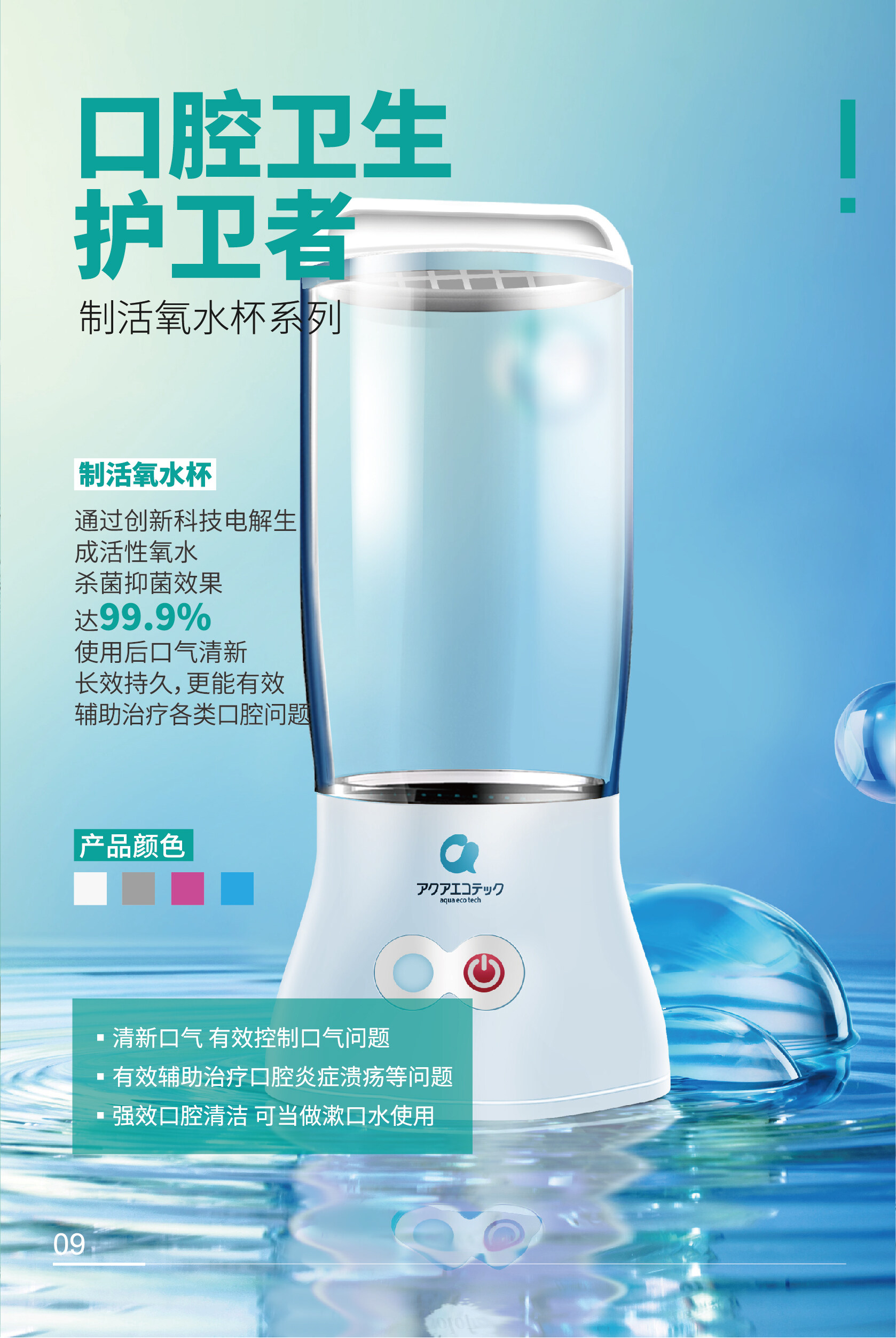Aṣiṣe ọna kika imeeli
emailCannotEmpty
emailDoesExist
pwdLetterLimtTip
inconsistentPwd
pwdLetterLimtTip
inconsistentPwd


Oral Irrigators and Dental Implants: How to Care for Your Implants Properly
Introduction
Dental implants have revolutionised the field of dentistry, providing a reliable and aesthetically pleasing solution for individuals with missing teeth. These artificial tooth roots offer several advantages, including improved oral function and enhanced self-esteem. However, to ensure the longevity of your dental implants, proper care and maintenance are essential. In this blog post, we will explore the role of oral irrigators in maintaining dental implants and how they can help you achieve optimal oral health.
1. Importance of Dental Implant Care
Dental implants are designed to last a lifetime, but their success depends on proper care and maintenance. Just like natural teeth, dental implants are susceptible to bacterial plaque buildup, which can lead to gum disease and implant failure if not addressed promptly. Therefore, it's crucial to maintain good oral hygiene to protect your investment and preserve your smile.
2. The Role of Oral Irrigators
Oral irrigators, commonly known as water flossers, are powerful tools in your arsenal for maintaining dental implants. These devices use a stream of water to remove food particles and plaque from the spaces between your teeth, along the gumline, and around dental implants. Using an oral irrigator can significantly improve your oral hygiene routine.
3. How Oral Irrigators Benefit Dental Implants
a. Gentle but Effective Cleaning
Oral irrigators offer a gentle and effective way to clean around dental implants without causing damage. Traditional flossing can be challenging and sometimes uncomfortable, especially when manoeuvring around implants. Oral irrigators provide a more comfortable and less invasive method for cleaning hard-to-reach areas, promoting healthy gums and implant longevity.
b. Reduction of Infection Risk
Dental implants are prone to peri-implantitis, an inflammatory condition that can lead to implant failure. This condition is often caused by bacterial biofilm buildup. Oral irrigators help remove bacteria and food particles, reducing the risk of infection and inflammation and ultimately safeguarding your dental implants.
c. Improved Convenience
Oral irrigators are user-friendly devices, making it easier for individuals with dental implants to maintain their oral hygiene. The convenience of water flossing encourages regular use, which is vital for implant care.
4. How to Properly Use an Oral Irrigator for Dental Implants
To get the most out of your oral irrigator when caring for dental implants, follow these steps:
a. Choose the Right Tip: Many oral irrigators come with various tips for different purposes. Select a tip that is suitable for implants or one designed for general use with dental implants.
b. Adjust the pressure: Start with a low-pressure setting and gradually increase it as needed. High pressure can be too harsh on dental implants, potentially causing damage or discomfort.
c. Direct the Stream Carefully: Aim the water stream at a 90-degree angle to the implant surface to gently remove debris. Be cautious not to apply too much pressure directly to the implant area.
d. Clean Thoroughly: Move the tip along the gumline and between your teeth, paying extra attention to the implant sites.
e. Be consistent: Incorporate oral irrigation into your daily oral hygiene routine. Consistency is key to maintaining healthy dental implants.
Conclusion
Dental implants are a valuable investment in your oral health and overall well-being. To ensure their longevity and protect your smile, it is essential to maintain proper oral hygiene practices. Oral irrigators, such as the ODM, can be powerful allies in your quest for impeccable implant care. Their gentle yet effective cleaning mechanism, reduced infection risk, and convenience make them an ideal choice for individuals with dental implants. By incorporating oral irrigators into your daily routine and following the recommended guidelines, you can enjoy the benefits of your dental implants for years to come. Remember, a beautiful and healthy smile begins with proper care and maintenance.


